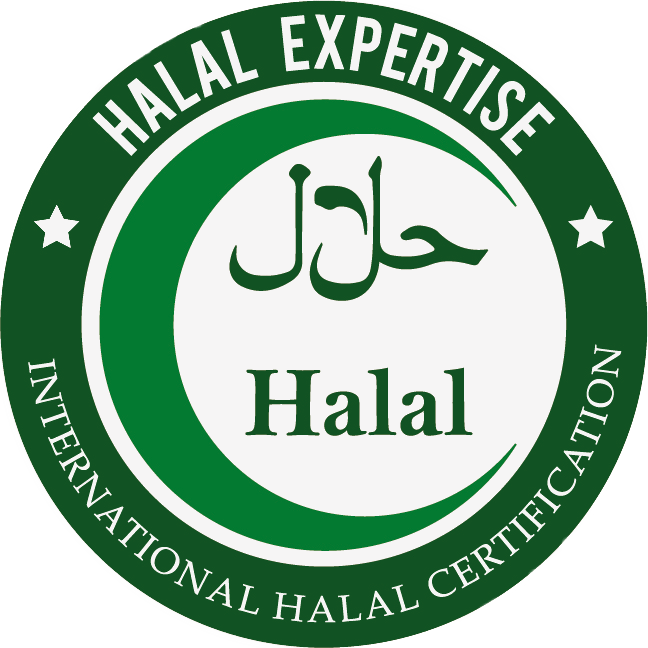In the past several decades, the number of supplements available to the consumers through speciality stores, supermarkets, and especially through multilevel marketing has seen a tremendous growth worldwide.
The lines between pharmaceuticals, products that heal, and nutraceuticals, products that help maintain the well-being of a person, are merging. The Food and Drug Administrations worldwide are taking a closer look at several dietary products for their health claims. The purpose of this article is not to determine the effectiveness of these products but to reflect on their compositions and determine whether any of the components presents a problem for the Muslim consumer.
Although in the Islamic tradition one may consume a haram product as a medicine under compulsion, Muslim consumers generally avoid knowingly taking anything which is haram or doubtful. Some people may take a prescription medicine in a gelatin capsule but not a multivitamin capsule. Gelatin capsules, unless certified halal or labeled bovine, are generally made of pork gelatin. Pork gelatin is considered haram by Muslim consumers. Medicine that is used to cure disease and help overcome illness is considered exempt from halal food regulations, which is one of the major concern and Muslims Scholars (Ulemas) associated with Halal Food Industry must take this into consideration . Prescription drugs generally do not have alternative products to replace a prescribed drug. If a drug is available in capsule form only, one is obligated to take it, whereas multivitamins are normally not taken to cure serious illness, but to improve one’s health.
Moreover, there are many alternative forms of multivitamins, such as tablets, liquids, and vegetable capsules, so one does not have to take vitamins in gelatin capsules. Many consumers try to purchase alcohol-free products such as cough syrups. They can also ask the pharmacist for tablets rather than gelatin capsules. Malaysia is one of the most active markets for nutritional supplements and is a place where people look for halal versions of these products. The Malaysian Department of Health, however, has determined that nutritional supplements are health and medication products and may not be grouped together with food products. It is against the local regulations to display halal markings on such products. Because Muslim consumers are very apprehensive of this regulation, the government might have to yield to the wishes of the consumers and repeal this ruling. Indonesian authorities, on the other hand, are including not only the foods but also drugs and cosmetics in their halal program, which is evident by the creation of an institute, the Assessment Institute for Foods, Drugs, and Cosmetics (AIFDC), under the guidance of the Religious Council of Indonesia, also called the Majelis Ulama Indonesia (MUI). AIFDC is responsible for assessing, evaluating, certifying, and monitoring establishments and products including foods, drugs, cosmetics, personal care products, and other consumables. AIFDC insists on using logos or proper halal markings on labels of certified halal products or ingredients. It is therefore important to determine the market acceptability before launching a product in any country or region.
General guidelines for the production of nutritional supplements are similar to producing other food products. Nutritional food supplements, for the most part, are composed of botanicals and plant extracts. It is the animal-derived ingredients one has to avoid in formulating the supplements. The botanical ingredients have been used in various cultures and traditions for centuries, such as ginseng in the Chinese culture, black seed in Islamic tradition, and asphoetida in India.
INGREDIENTS TO WATCH
Databases of ingredients can often comprise thousands of entries. Companies might use several thousand different ingredients in a given time period. It is beyond the scope of this article to describe the halal status of every ingredient used in the industry. Only some of the ingredients with potential concern for halal and the type of products they may be used in are given here.
Flavors and Colorants — might have hidden alcohol or ingredients of haram animal origin, such as civet oil, in the formulations.
Carotene — often formulated with gelatin in small quantities. Gelatin is used to encapsulate and protect its color and other characteristics. Some companies use fish gelatin for encapsulation, which makes the product halal as well kosher. Manufacturers also use halal bovine gelatin or plant gums to encapsulate -carotene.
Gelatin — very commonly used to make capsules, both softgel and two piece hard shell. Halal gelatin or cellulose or starch can be used instead of porcine gelatin.
Stearates from animal sources — can be used as free-flow agents in powders or tableting aids in tablets. For halal products, manufacturers can use stearates from plant sources.
Tweens — sometimes used for coating and polishing tablets. Vegetable derived tweens rather than animal-derived ones should be used in halal products.
Glycerin — used in the manufacture of capsules, and it may also be used in other products. Glycerin of plant origin is halal suitable for such applications.
Nutritional food products come in many physical forms such as powders, liquids, tablets, one-piece capsules (soft shell), and two-piece capsules (hard shell). Nutraceutical ingredients can also be incorporated into food matrices such as juices, snack bars, or energy drinks.
Tablets — can be coated with gelatin (gel tabs) or with specialty lipids such as polysorbates. Halal-certified gelatin and lipids of plant origin should be used for halal tablets. Sugars and plant proteins such as zein can also be used as coating material for tablets in halal products.
Liquid supplements and drinks — many liquid formulations are standardized with ethyl alcohol as a preservative or solvent. Alternatives such as mixtures of propylene glycol and water can be used. The amount of alcohol in the finished product may not be more than 0.1% as discussed in later articles.
Softgel capsules — one-piece capsules used to be made exclusively from gelatin. They can also be made with vegetable ingredients such as modified starch, cellulose gum, and other plant gums. Halal-certified bovine and fish gelatin is also available for this purpose. Besides the main ingredient, softgel capsules might also contain glycerin or fatty chemicals, which should be from plant sources for halal production.
Hardgel capsules — like softgels, two-piece hardgel capsules used to be made exclusively with gelatin. There is now the advent of vegetarian capsules especially for nutritional supplements. Vegetarian capsules can be made from modified cellulose, modified starches, or other plant materials. Glycerin and other ingredients can be used as processing aids. All such ingredients should be from vegetable or petroleum sources. Two-piece gelatin capsules, if used, should be halal-certified bovine type and other incidental ingredients should also be halal suitable.
To ensure almost universal acceptability, it is recommended that pharmaceutical products and nutritional and dietary food supplements be manufactured by avoiding all traces of animal products, so that the product is acceptable for halal, kosher, and vegetarians or vegans.




